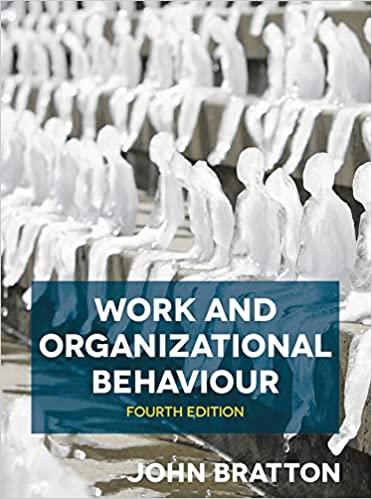3. If you were Rifah, would you help Barsha with her plans? Why or why not? When...
Question:
3. If you were Rifah, would you help Barsha with her plans? Why or why not?
When pop megastars The Spice Girls launched a campaign selling t-shirts to fund a charity supporting
equality for women, it raised more than just money – it inadvertently raised global awareness of the dire
working conditions millions of women face in the Bangladesh garment industry. The t-shirts, inscribed
with ‘#IWannaBeAS piceGirl’ on the front and ‘gender justice’ on the back, sold for £19.40 but were made
by women earning just 35 pence an hour, working up to 16 hours a day with no breaks or sick leave.
Bangladesh is the world’s second largest exporter of clothing, just behind China, and has experienced
astounding growth in the past ten years. Since 2009, the Bangladesh garment industry constitutes
80 per cent of the country’s exports, worth £23 billion a year.
This growth has provided jobs to
more than an estimated 4 million people,
the vast majority of them women. While
the Bangladesh government recently
announced a 51 per cent increase in the
minimum wage for garment workers to
8000 Bangladashi taka (approximately £76)
a month, it still falls far short of the 16,000
taka trade unions have fought for. Only about
150,000 garment workers, a small fraction of
the industry’s workforce, belong to unions.
Bangladesh has now set its sights
on increasing its clothing exports to an
ambitious £38.5 billion by 2021. ‘Garment
villages’ are being created in major export
cities, with more than 200 factories set up in the city of Bausia alone, funded by Chinese sources.
Step by Step Answer:







